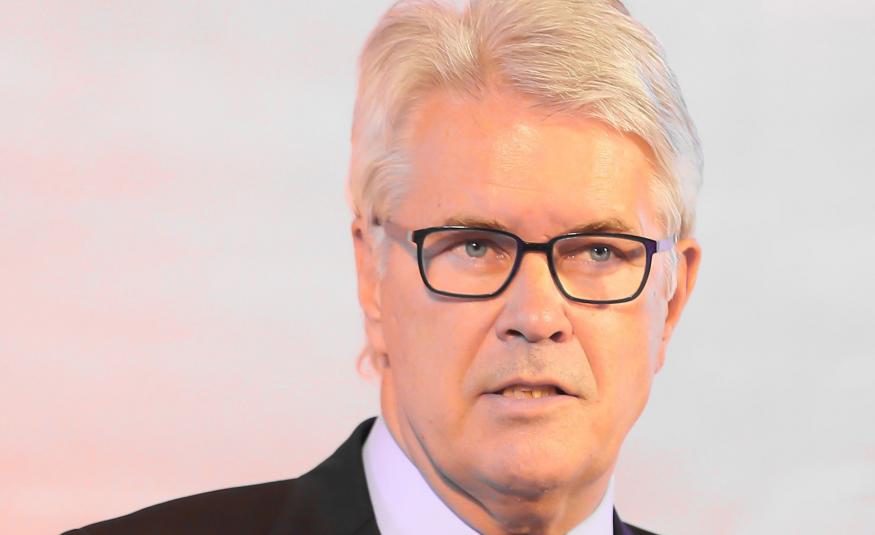Jochen Witt says spending money on ‘virtual’ exhibitions is a waste and says any digital strategy must be holistic.
Many people in our industry have been laid off or sent into furlough, others fear that ‘their event’ might not take place and seek new challenges, others again believe that their employer has not reacted properly to the situation. One person described to me that she felt like she was on the Titanic.
So, is the Titanic feeling justified?
This year has certainly been difficult and never before has the perspective in our industry been so dim. For decades our industry has experienced steady growth and high margins and, as a consequence, innovation has not been our top priority. In the current severe downturn, the search for innovative concepts is intense.
In a rapid attempt to offer alternative solutions to live events, organisers have developed concepts for ‘virtual’ exhibitions and hybrid tradeshows. Unfortunately, it baffles many organisers that these initiatives cost a lot of money and often render little value. One CEO of an organiser stated, having spent millions for a ‘virtual’ exhibition, that he “had learnt a lot”.
To me this is inconceivable.
The essence of any exhibition or tradeshow is physical presence. There is no ‘virtual’ exhibition and there is no ‘hybrid’ tradeshow, like there is no virtual meal or hybrid swim. Spending millions to “learn a lot” is a waste of money; the focus must be to deliver value to our customers. It seems to be a reflex in our industry to ‘digitalise’ events, not knowing to what extent customers perceive value in such offerings.
We often see ‘virtual’ events being developed as individual products, rather than as a part of a comprehensive digital strategy. As a consequence, participation and satisfaction levels are below expectation.
To continue our successful f2f business we need to develop a digital strategy with offerings which must fulfill four criteria:
- Strengthening the f2f event has the highest priority, everything we do digitally has to support the physical business; a digital-only offering will not be able to compete against the incumbent digital titans
- Digital offerings need to create added value for our clients, so that it can be monetised
- Digital offerings need to deliver first-class content
- Digital offerings need to be extended beyond the timespan and attendee reach of an f2f event.
Nearly 20 years ago, I was advocating a value proposition for our industry, claiming that those organisers would have competitive advantages which were capable of offering communication and matchmaking services independent of time, place and medium/channel.
Such a value proposition is still valid and a virtual or hybrid event can only be a small part of that. We need to develop concepts, where the physical event remains the focal attraction point for an industry and where parts of this event may also be digitalised, however, where global and all year-round digital offerings for product placements, content, matchmaking services, networking and industry promotion etc., help to create and maintain industry-wide communities.
With the right digital platform, we will much better be able to assess customer interest and behaviour.
The aforementioned strategies will significantly change the way organisers do business and, as a result, will also have a major effect on venues.
Venues of the future need to better support the show brand and must provide technology which supports the digital business of the organisers: Investment priorities need to shift; in times of changing customer demand, show sizes in Europe will further decline (Asia is different), we will see more specialisation and focus of both exhibitors and visitors; mega venues of several hundred thousand sqm with the look and feel of industrial manufacturing sites will no longer meet market requirements. Instead, intuitive venues with structures allowing for time efficient visits, digital technologies in all aspects (smart venue), with the highest flexibility, a top design and an emotionally attractive environment, will become the market leading destinations.
During the last 12 months we have conducted several venue overhaul projects in Europe; based on strategic market assessments, the majority have resulted in a reduction of venue size in favour of the afore mentioned quality aspects. These venues will be able to dismiss any kind of Titanic feeling.
Jochen Witt is president and CEO at specialist consultancy www.jwc.eu.com





